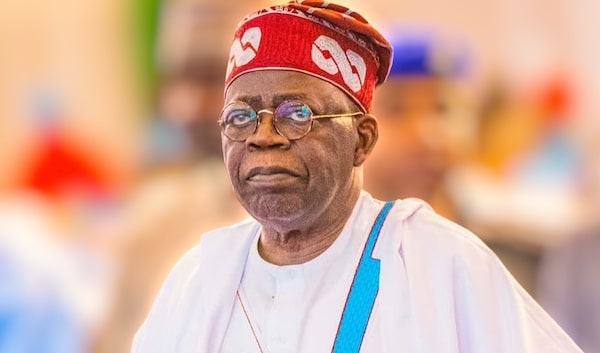
THE recent revelation by Beacon Consulting that 252 persons were killed in Borno State in August underscores the urgency of adopting improved strategies to finally defeat the terrorist insurgency. Though Beacon acknowledged successful interdiction efforts by security operatives, other reports nevertheless noted renewed attacks in parts of the state that featured supposedly “repentant terrorists” who had returned to the terror fold. President Bola Tinubu should pay close attention, and task the security chiefs to launch a final assault to crush the terrorists.
Notably, the consultancy stated that significant progress had been made recently in countering the terrorists through enhanced coordination, collaboration, and cooperation among security operatives. It also noted that most of the deaths were actually of terrorists killed in clashes with security forces, or among rival terrorist factions. The military’s momentum should therefore be ramped up.
Too many lives have been lost since Boko Haram launched its insurgency in 2009. More persons are still being killed, others kidnapped, girls and women enslaved, and social and economic activities disrupted in many parts of the North. The terror groups remain active despite the military’s onslaught.
The Global Centre for Responsibility to Protect reported that 35,000 persons have been killed since 2009. In 2017, the Borno State Government stated that 100,000 persons had so far been killed, 2.1 million others displaced, and creating 52,311 orphans, and 54,911 widows.
The Nigeria Security Tracker reported that at least 27 persons were killed by terrorists in Chibok in October. Israeli-based Meir Amit Intelligence and Terrorism Information Center stated that in September, two fishermen died in the crossfire during a clash between ISWAP and Boko Haram over taxation rights in the Lake Chad area.
Also in September, jihadists killed 10 farmers and abducted four others in Mafa LGA for failing to pay tributes to the terrorists. The insurgents sneaked into Zannari ward in Maiduguri, the state capital, and extorted N4 million from a businessman.
Unfortunately, the military sticks to the illusion that it can rehabilitate and reintroduce ‘repentant terrorists’ into communities. It should drop this dangerous policy. It follows from a wrong understanding of the Salafist ideology that drives Islamic terrorism, and from the politicisation of insecurity.
Nigeria should learn from Iraq and Afghanistan, where jihadists pretend to “repent,” only to stage horrific killings from within the security forces.
A 2020 report by Nextier SDP showed that communities that have borne the brunt of insurgents, including loss of properties, dignity, and livelihood, and loved ones, oppose such faulty reintegration.
Also, there are no parameters to delineate hard-line Salafist murderers from those forced to join the terrorists’ ranks; therefore, the programme may serve as an adaptable tool for terrorists to gain access to communities, provide strategic information to terrorists and sabotage the counter-insurgency campaign.
In March, troops apprehended Baána Bdiya, a “repentant” and “rehabilitated” Boko Haram fighter who, thereafter, helped terrorists ambush and kill soldiers in the Lake Chad Basin area.
Insurgency has devastated the North-East and North-West;48 per cent of the 7.6 million out of schoolgirls in Nigeria are from the two regions, while 1.6 million children of both genders are not schooling in the North-East, says UNICEF. Poverty prevails, as 86.1 per cent of 133 million multi-dimensionally poor Nigerians live in the North. Insurgency has sabotaged governance and food security nationally.
The Nigeria Police and the military must salvage the glaring intelligence-gathering deficit. They should upgrade their skills and increasingly deploy ICT tools, especially drones, to combat terrorism. They should also upgrade local buy-in mechanisms such as the Joint Military/Civilian Task Force and local vigilantism.
Tinubu should prioritise security and motivate the security agencies to quickly destroy the insurgency.





